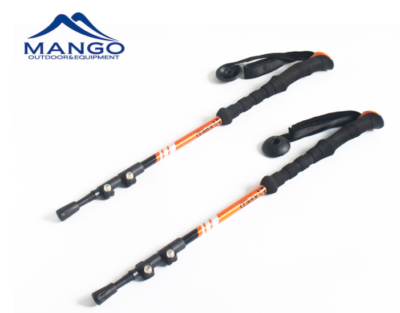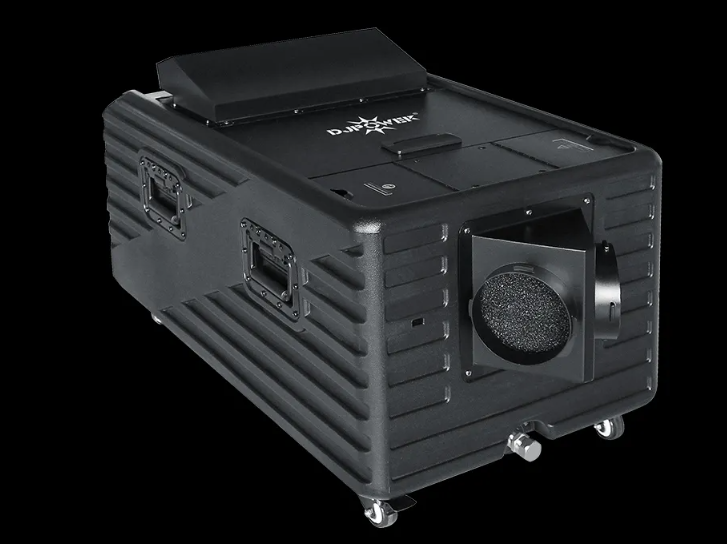Trekking poles and hiking sticks are standard equipment for many walkers, hikers, trekkers, backpackers and snowshoers. The reason is simple: they enhance your stability and provide support for all types of terrain.
Depending on how you plan to use the poles, you may want to consider poles that have some of the following features.

Adjustable
Many trekking poles are adjustable in length to improve stability on different terrain. They are usually adjusted to be about 24 to 55 inches long. Often, you will need to shorten the pole on uphill and lengthen it on downhill.
Non-Adjustable
The length of some trekking poles cannot be adjusted. They are great for activities where you know you only need a certain length.
Collapsible
Collapsible trekking poles function somewhat like tent poles, rather than folding into themselves like adjustable poles do.

Adjustable Aluminum Trekking Pole for Hiking MW1013
Foldable
Collapsible trekking poles function a bit like tent poles, rather than folding into themselves like adjustable poles. Collapsible poles are usually the easiest to pack and are usually very lightweight and quick to deploy. They are especially popular among ultrarunners and fast hikers.
Shock Absorbing Poles
These poles offer internal springs that absorb shock as you go downhill. For most bars, this feature can be turned off when not needed, such as when going uphill. Shock absorption is a nice feature for any hiker, but is especially recommended if you have an unstable hip, knee or ankle or have had any previous injuries to these joints.
Ultralight
The advantage of ultralight clubs is that the swing weight is lighter, which makes them easier and faster to move. On long hikes, this means less fatigue. Ultralight clubs are also easier to pack. The material of the shaft is a key determinant of the overall weight of the pole, and REI classifies ultralight poles as those weighing less than 1 pound per pair.
Tips for using trekking poles
Fortunately, there is a quick learning curve for using trekking poles. With a few tips and suggestions, you’ll be ready to hit the trail.
Alternate your poles and legs
Most hikers are used to using their trekking poles quickly and getting into a proper rhythm with the opposite foot (right foot, left foot, left foot, right foot, etc.) planting the opposite pole in time. If you lose your rhythm, simply keep walking while lifting the pole off the ground for a moment so you can reset.
Walking naturally
When using trekking poles, it is best to walk naturally, keeping your arms swinging naturally, as if you did not have poles in your hands. The poles may be tilted slightly behind you so that you can push off to help you move forward as you plant them.
Trekking poles can be very useful when you encounter obstacles on the trail. When you have to wade through water, poles can provide much needed stability. In order to stand up on boulders, poles can give you a useful push. To straddle the logs, simply plant the poles in the ground and use them to maintain stability. If you are walking over a log to cross water, you can use the poles to extend the poles out to the sides to improve balance.

In conclusion, there are many factors to consider when buying trekking poles. This article is only a part of the introduction, we will continue to update the blog afterwards, you are welcome to consult us to get a product quote, MANGO provides professional solutions.
Related Products:
lightweight portable folding stool


没有评论:
发表评论